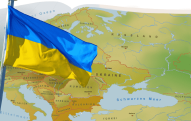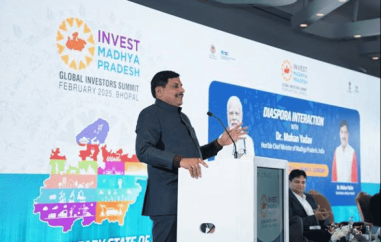The Chancellor's Controversial Remarks: An Invitation for Aggression?
The recent political landscape in Germany has been marked by heightened tensions and rhetoric, particularly as the upcoming elections approach. Chancellor Olaf Scholz has made comments that have raised eyebrows and sparked debate regarding their implications for national security and international relations.
In a recent press conference, Scholz criticized his political opponent Friedrich Merz, accusing him of playing a dangerous game with Germany's security. This metaphorical reference to 'Russian Roulette' was intended to highlight the risks associated with Merz's positions, which Scholz suggests may align with Russian interests. Such statements could be interpreted as an attempt to create fear among the electorate, possibly benefiting parties sympathetic to the Kremlin.
This exchange has drawn attention to the broader context of the upcoming Bundestag elections in 2025. Scholz's remarks, while aimed at discrediting Merz, also suggest a strategy of invoking external threats to rally support for his party, the Social Democrats (SPD). Critics argue that this approach only serves to escalate the already tense narratives surrounding Russia's actions and its implications for Germany.
Meanwhile, other political parties are navigating their own challenges in the lead-up to the elections. The Green Party, for instance, has sought to capitalize on the controversies engulfing their rivals. In a recent campaign event, party leader Franziska Brantner admonished the leaders of the Free Democratic Party (FDP) over their handling of various issues, aiming to position the Greens as a trustworthy alternative.
The FDP, led by Christian Lindner, is currently facing internal strife as it grapples with its identity in the coalition government. Lindner's recent statements indicate a desire to reassure voters about the stability of social programs, including pensions. However, the party's struggles may overshadow these assurances, as factions within the FDP debate their strategic direction moving forward.
As the campaign heats up, candidates from various parties are attempting to define their platforms and appeal to voters amidst a backdrop of controversy. The SPD's tactics of framing the opposition in a negative light may resonate with some constituents, but it risks alienating others who seek more substantive discussions on policy rather than fear-based rhetoric.
Political analysts assert that the current dynamics reflect a significant shift in how parties are approaching the electoral landscape. The interplay between domestic concerns and international relations has become increasingly pronounced, with leaders using external threats to galvanize support. This strategy, however, could backfire if voters perceive it as overly alarmist or disingenuous.
As the winter election campaign unfolds, all eyes will be on how these narratives develop and whether they influence public perception and voter behavior. The stakes are high, not only for the parties involved but also for the broader implications for Germany's political landscape and its role within the European context.
In conclusion, the upcoming elections promise to be a battleground of ideas, strategies, and potentially divisive rhetoric. The manner in which leaders engage with both their opponents and the electorate will be crucial in shaping the future political climate in Germany.










































